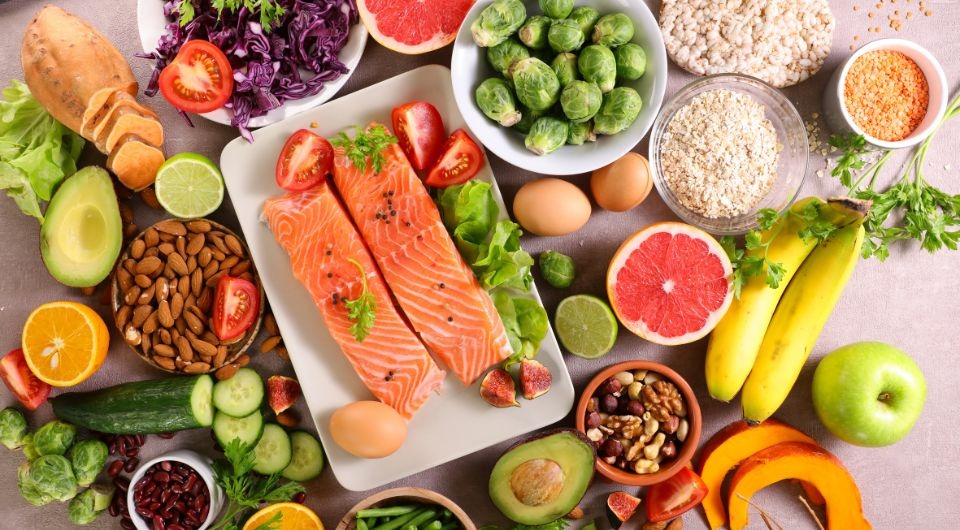
Posted on: 18 October, 2022
Healthy eating for teeth and gums isn't just about what you avoid, it’s about the nutrients you consume too.
2 minute read
Cutting down on sugar and acids in food and drink can help you to reduce your risk of developing tooth decay, but a healthy diet is important for maintaining your teeth and gums in other ways too. Here are the 5 must-have vitamins and minerals to help support good oral health and where you can find them.
Need to speak to a dentist in Mount Lawley? Book your next appointment online at Mount Lawley Dental.

Vitamin C is necessary for producing the protein collagen, which helps to keep the gums healthy. Low levels of vitamin C may cause bleeding gums and are linked with a higher risk of developing gum disease.
Some of the best natural food sources of vitamin C are:
It’s important to note that citrus fruits such as lemons and oranges should be eaten in moderation, due to their high levels of acidity.

Vitamin D supports a healthy immune system and may help to lower your risk of developing tooth decay, gum disease and other oral health conditions.
Sunlight is considered the best source of vitamin D. You can maintain a healthy dose of vitamin D with just a few minutes outside on most days of the week when the UV index is 3 or above.
In Perth where there’s plenty of sun most months of the year, it’s important to avoid prolonged exposure, especially during peak UV hours between 10am and 4pm, due to the risk of skin cancer. Good dietary sources of vitamin D include:

Vitamin A helps the body to absorb calcium and is needed for the formation of keratin, a protein in tooth enamel. Vitamin A deficiency may affect tooth development, weaken tooth enamel and increase your risk of developing gum disease.
Foods that are good sources of vitamin A tend to be yellow, orange and red in colour. These include:
Other sources of vitamin A include beef liver and leafy green vegetables such as kale, spinach and broccoli.

Calcium is a mineral rather than a vitamin, but no list of vital nutrients for teeth is complete without it.
Tooth enamel is subject to a continuous process of demineralisation and remineralisation. When we consume food, particles combine with the bacteria in our mouth which break down and release acids that erode (demineralise) and weaken tooth enamel. Calcium helps to strengthen and rebuild tooth enamel, protecting against tooth decay, cavities and erosion.
Food groups that are rich in calcium and help remineralise teeth are:

Phosphorus is a vitamin that helps the body to absorb and use calcium to build stronger teeth and jaws. Phosphorus is available in high amounts in many protein-based foods, including:
.jpg)
A balanced diet and healthy lifestyle should already provide most of the nutrition you need to maintain healthier teeth and gums, but your dentist or doctor may recommend increasing your intake of certain vitamins or minerals or taking supplements if you have a known deficiency or need to take steps to improve your oral health.
It's also important to follow a good oral hygiene routine to keep your teeth and gums healthy and lower your risk of developing oral health problems. A good oral hygiene routine is one that includes:
If you're due for a check-up, or you have any questions or concerns about your oral health, call our dentists at Mount Lawley Dental on (08) 9227 8777 to book an appointment at our local dental clinic. We welcome patients from all nearby suburbs including Highgate and Inglewood.

Budget-friendly Smiles: 8 Tips to Dodge Costly Dental Bills

The Role of Nutrition in Dental Health: Foods That Promote Strong Teeth and Gums

The Link Between Oral Health and Overall Wellbeing: Why Dental Care Matters